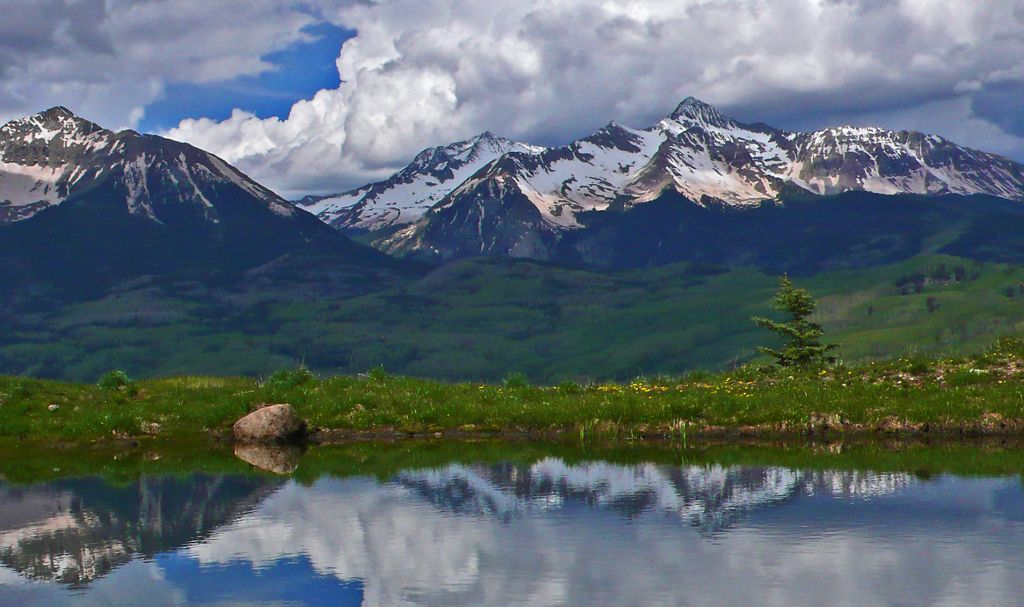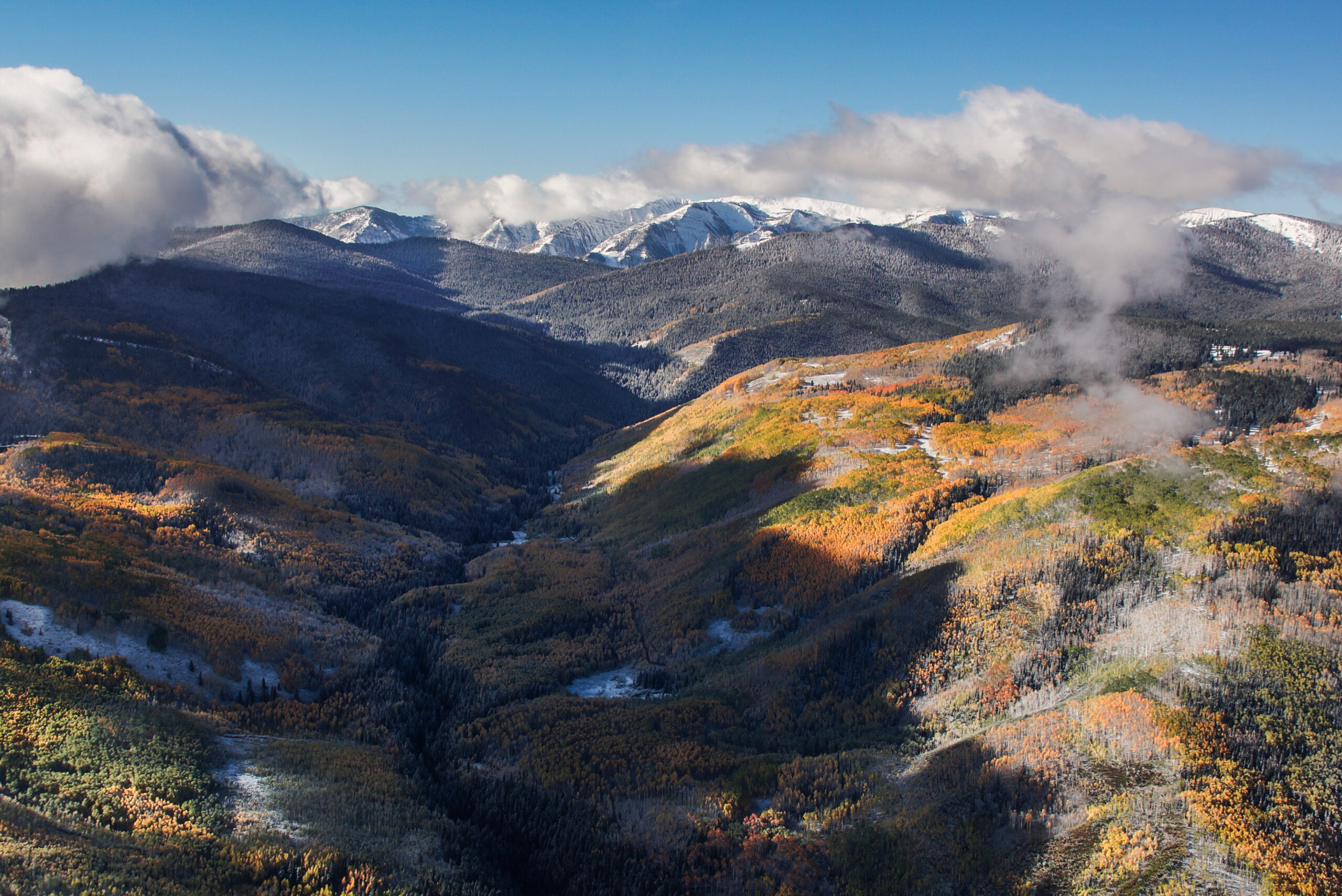Local leaders Praise Bennet, Hickenlooper for moving bill closer to enactment
Contact: Francis Sanzaro, Wilderness Workshop Communications Director, 315.415.7861 | francis@wildernessworkshop.org
For Immediate Release – Dec 14, 2023
Carbondale, CO – A broad array of Coloradans praised the work of Senators Michael Bennet and John Hickenlooper today for their work in preserving the consensus around the Colorado Outdoor Recreation and Economy (CORE) Act (S. 1634). This was in response to the passage of S.1634 by the Senate Energy and Natural Resources Committee in a 11 to 8 vote today, picking up bipartisan support with a yes vote from Alaska Sen. Lisa Murkowski.
Based on many years of community and stakeholder dialogue, the CORE Act is the most expansive land protection initiative in Colorado in decades. It is the culmination of years of input by citizens, interest groups, and businesses across the State. The bill is supported by every county in which the lands lie, numerous municipalities, a broad range of interests including hunters, ranchers, outdoor recreation, conservation, and 200 businesses statewide.
“Local community leaders have worked in support of the CORE Act for over a decade,” said Suzanne O’Neill, Executive Director of the Colorado Wildlife Federation, “Senators Bennet and Hickenlooper have worked hard to make this bill a reality, and it’s far beyond time that Congress should respect the will of Coloradans and pass it into law.”
The CORE Act benefits local residents and stakeholders in many ways.
Bill Fales, a local rancher who operates in the Thompson Divide, emphasized this. “I want to thank our two senators for continuing to work on moving the CORE ACT forward. Its passage will protect the economic vitality of our entire community and additionally give the valley ranchers like me the long term reliability that we desperately need.”
The bill is also widely supported in the business community, with 200 business leaders signed on in support.
“For years there’s been an influx of people moving to southwest Colorado and building or renovating homes,” said Steve DeBelina, owner of Debelina Construction. “They move here for the quality of life, and protected public lands are a major part of that.”
Passage of the CORE Act by the Senate Energy and Natural Resources is a milestone in turning this important and overdue bill into law. The Act previously passed the full House multiple times – it’s now time for the Senate to act. Passage by the Senate Energy and Natural Resources Committee marks the farthest the bill has progressed in that chamber. The CORE Act, with near-universal support in the communities most affected, should be enacted into law before Congress adjourns.
Background
The CORE Act is a combination of four previously independent bills, which make up the Titles of the current bill.
- Title I – Continental Divide. Along the I-70 corridor, this Title would designate three new wilderness areas in the Tenmile Range, Hoosier Ridge, and Williams Fork Mountains; and expand the existing Eagles Nest, Ptarmigan Peak, and Holy Cross Wilderness areas. It would also designate the Porcupine Gulch, Williams Fork, and Spraddle Creek Wildlife Conservation Areas, along with other minor provisions.
- Title II – San Juan Mountains. This Title would designate the new McKenna Peak Wilderness, and expand the existing Mt. Sneffels and Lizard head Wilderness Areas. It would designate the Sheep Mountain and Liberty Bell Special Management Areas, and prohibit future mineral development in Naturita Canyon. All these lands are in the Telluride/Norwood region.
- Title III – Thompson Divide. Federal lands in the 252,000 acre Thompson Divide (near Carbondale, Glenwood Springs, and Crested Butte), prized for its hunting, ranching, and backcountry recreation, would be permanently withdrawn from future oil and gas development, while not affecting private mineral rights or existing leases. It includes a provision for leaseholders to receive credits they may use to bid on new leases elsewhere. Also, at the request of the affected counties, the Title would create a pilot program to capture methane from existing or abandoned coal mines, providing economic benefits to the region.
- Title IV – Curecanti National Recreation Area. The Curecanti NRA is one of the few National Park Service units that never had its boundary formally established. This Title would remedy that, clarify cooperative agreements between the Park Service and Bureau of Reclamation, and improve management of the area, including protection for long-standing public fishing.
The bill previously passed the U.S. House of Representatives several times and received a committee hearing and a tied 10-10 committee vote in the Senate Energy and Natural Resources Committee in 2022.




